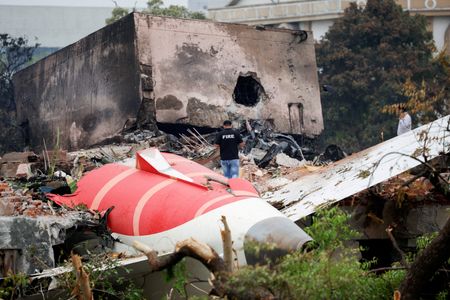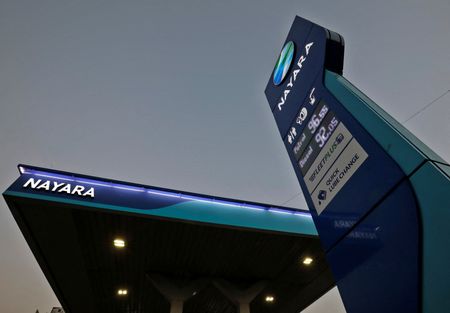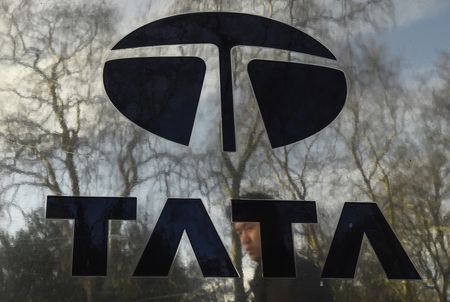By David Shepardson
OSHKOSH, Wisconsin (Reuters) -The head of the Federal Aviation Administration said on Thursday the fatal crash last month of an Air India Boeing 787 jet does not appear to have been caused by a mechanical issue or inadvertent movement of the fuel control unit or switches.
“We can say with a high level of confidence is it doesn’t appear to be a mechanical issue with the Boeing fuel control unit,” Bryan Bedford, the FAA’s administrator, told reporters on the sidelines of an air show in Wisconsin.
He said FAA employees had taken the units out, tested them and had inspectors get on aircraft and review them. “We feel very comfortable that this isn’t an issue with inadvertent manipulation of fuel control,” he said.
The probe into the Air India crash, which killed 241 of the 242 people on board and 19 on the ground, is focused on the fuel control switches of the Boeing 787 jetliner.
Boeing and Air India did not immediately comment.
The switches control fuel flow to aircraft engines, allowing pilots to start or shut them down on the ground, or manually intervene during in-flight engine failures.
Air India said on Tuesday it has completed precautionary inspections of the fuel control switch locking mechanism on all 787 and 737 aircraft, with no issues detected.
A preliminary report from India’s Aircraft Accident Investigation Bureau earlier this month found the switches had almost simultaneously flipped from “run” to “cutoff” shortly after takeoff, causing the engines to lose power.
Reuters reported last week, citing a source, that the cockpit recording on the Air India flight from Ahmedabad to London Gatwick suggested the captain cut fuel to the engines.
Earlier this month, the FAA and Boeing privately issued notifications that the fuel switch locks on Boeing planes were safe.
(Reporting by David Shepardson in Oshkosh; Editing by Franklin Paul, Leslie Adler and Diane Craft)










